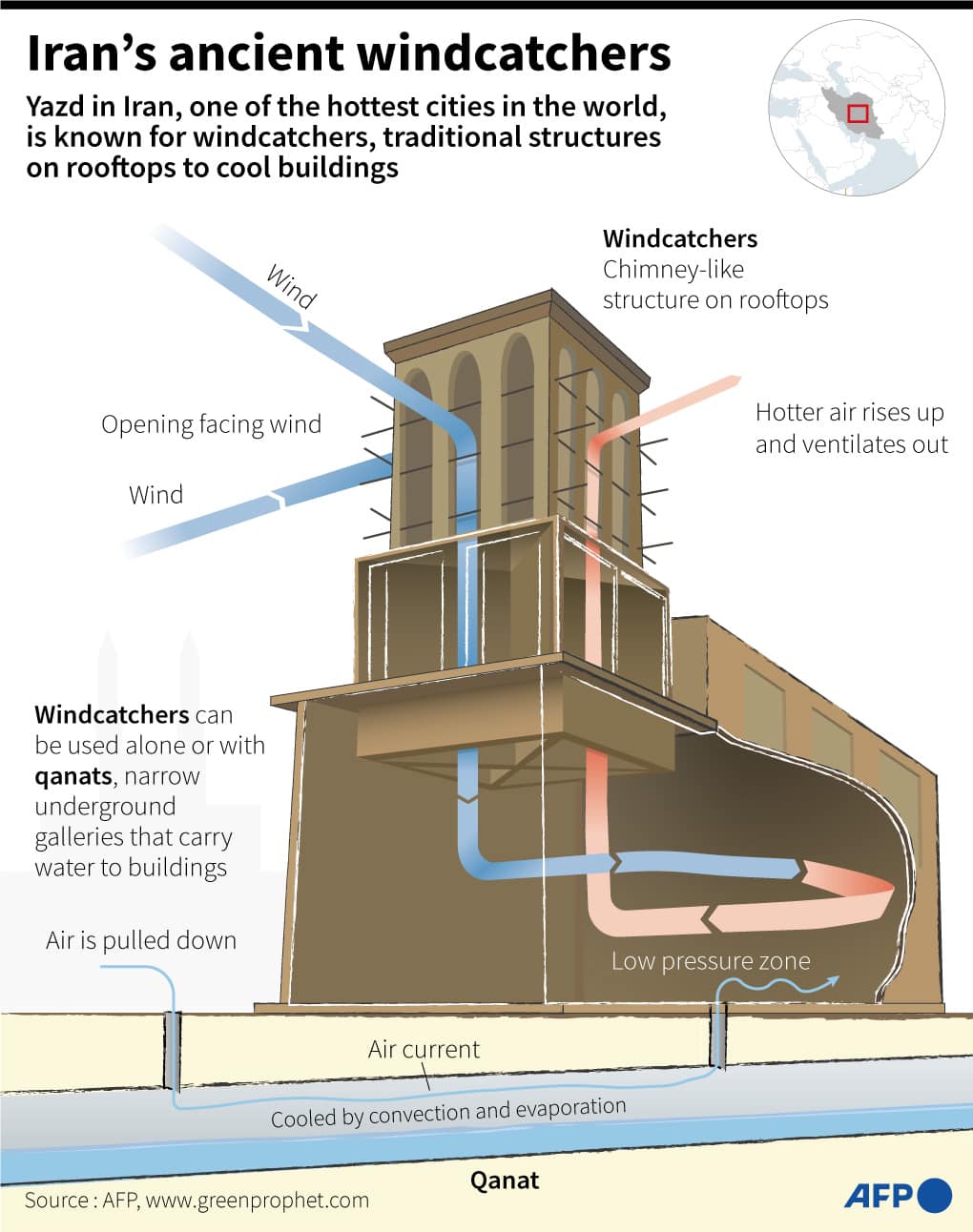this post was submitted on 24 Jul 2023
130 points (97.1% liked)
Mildly Interesting
21774 readers
463 users here now
This is for strictly mildly interesting material. If it's too interesting, it doesn't belong. If it's not interesting, it doesn't belong.
This is obviously an objective criteria, so the mods are always right. Or maybe mildly right? Ahh.. what do we know?
Just post some stuff and don't spam.
founded 2 years ago
MODERATORS
you are viewing a single comment's thread
view the rest of the comments
view the rest of the comments

This would be a great idea if you want everyone in that building to file humidity complaints every single day. Air conditioners work by using mechanical work (compressor) to exploit evaporation in order to pull heat from one location to another and exhaust it away, in turn cooling the first location (this could be air, water, etc.)
This system works by using ground temp water as a heatsink to suck heat out of the air passing over it. When it does this, it humidifies the air. In the desert...who cares? In an office building...who cares? Every single worker who is stuck there all day
If you're saying we need better systems than the AC unit you grew up with, fear not! Many office buildings have been moving away from it (same with other large venues) they use a chilled water system. They use the best of both these systems to get WAY more performance out of way less wattage. You only need a fraction of the cooling power with a chilled water system because the water can absorb much more heat per unit mass than air and can be sized to never run during the day, but only at night when the grid is least in use
Lmao grew up with? Most of us have never used AC at all in europe. Here in the UK no homes have AC. The issue is that people are installing it now because of climate change and the result is massively higher energy use.
Not necessarily in your house. I'm talking about the design of the units from when you were a child (Many public buildings in the EU have AC regardless of houses not having it). AC was invented in 1901, and has come a very long way since then, and we have begun combining it with old principles to extract the best of both solutions
Combining modern refrigeration/cooling techniques with well designed passive systems that exploit material properties (Heat capacities, transfer coefficients, etc.) to their advantage is the future of HVAC. It started with CFCs and knowing we could exploit their boiling point with mechanical force to chill air beyond the outside air temperature. Who knows where science and engineering may take us next!